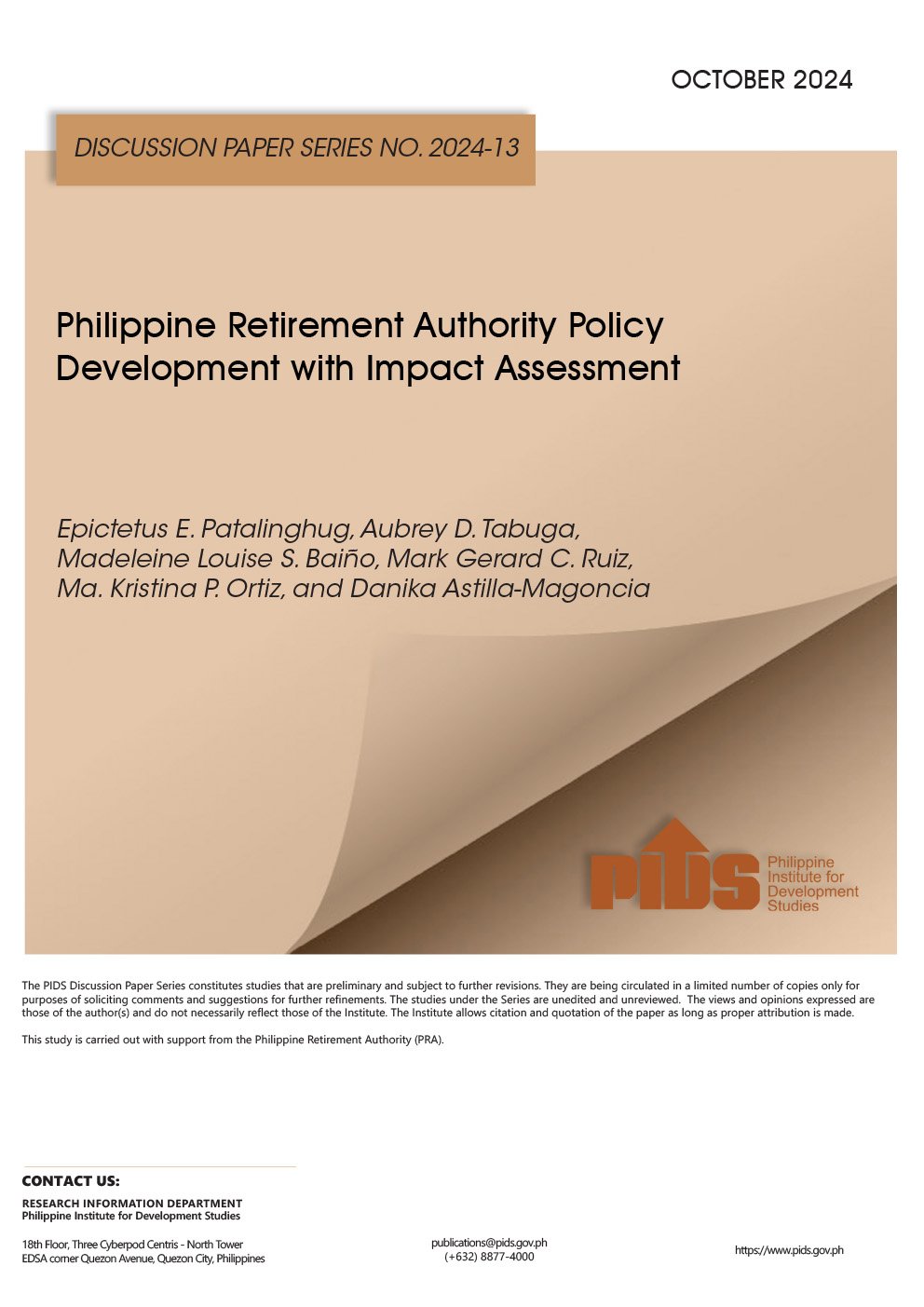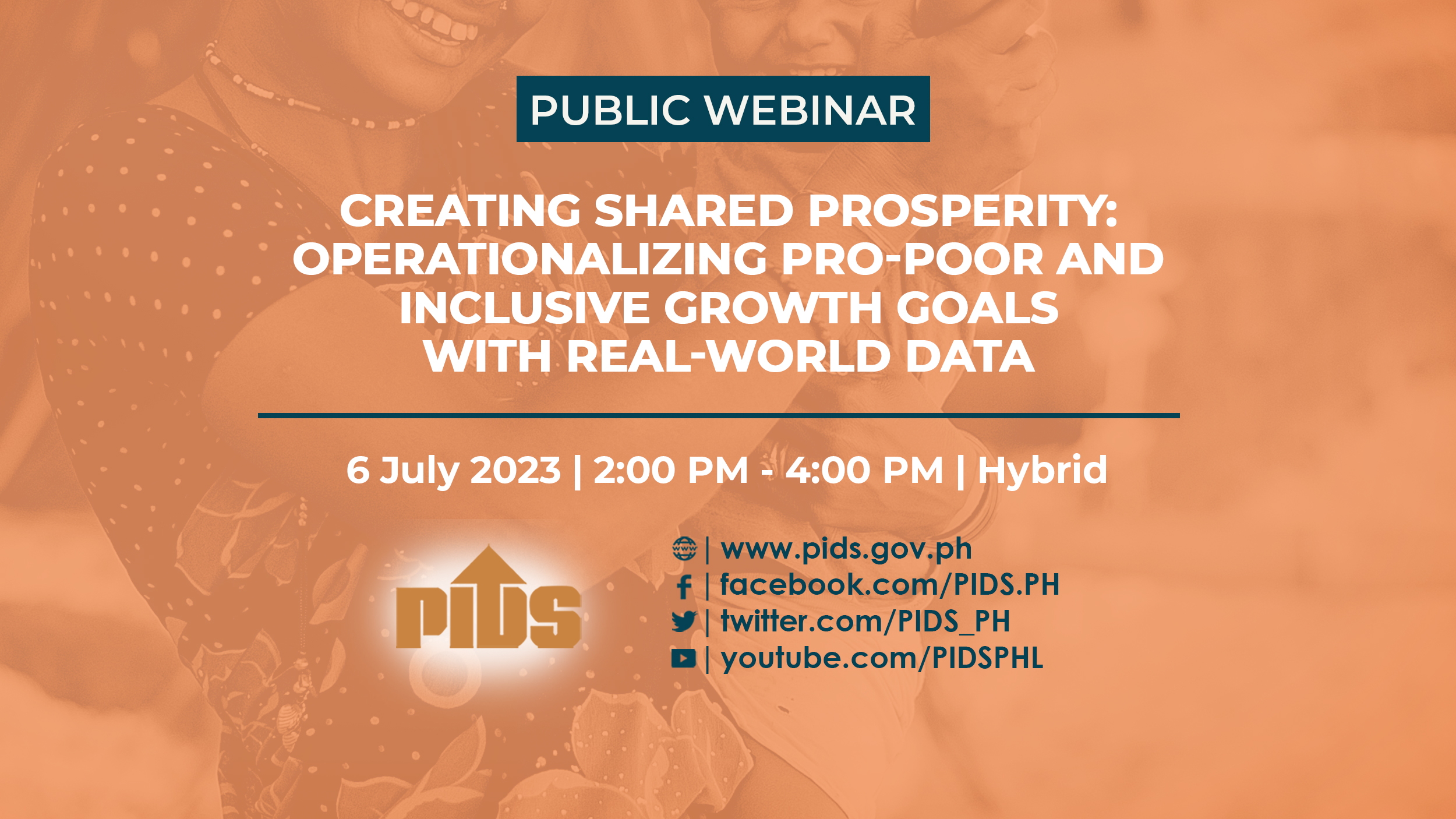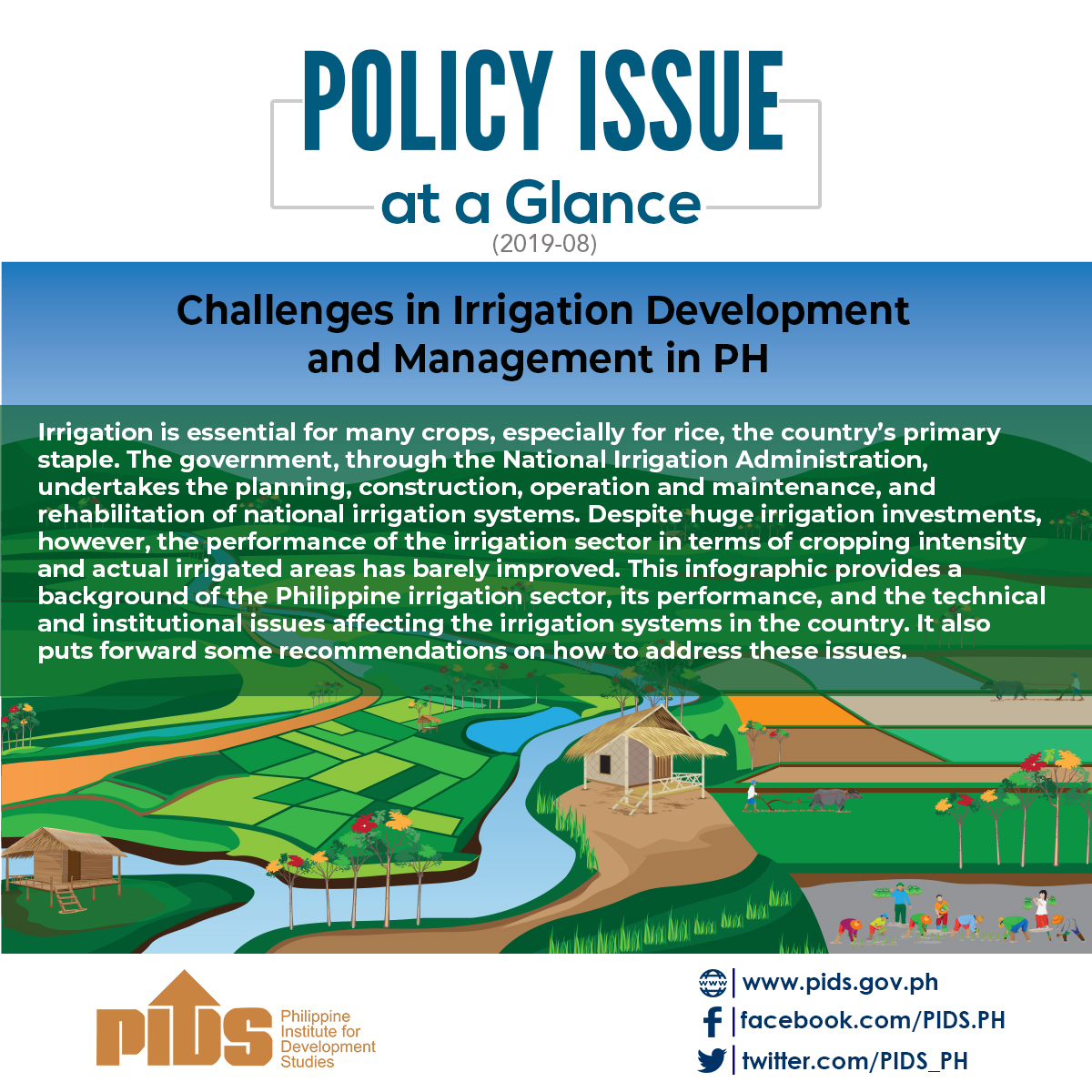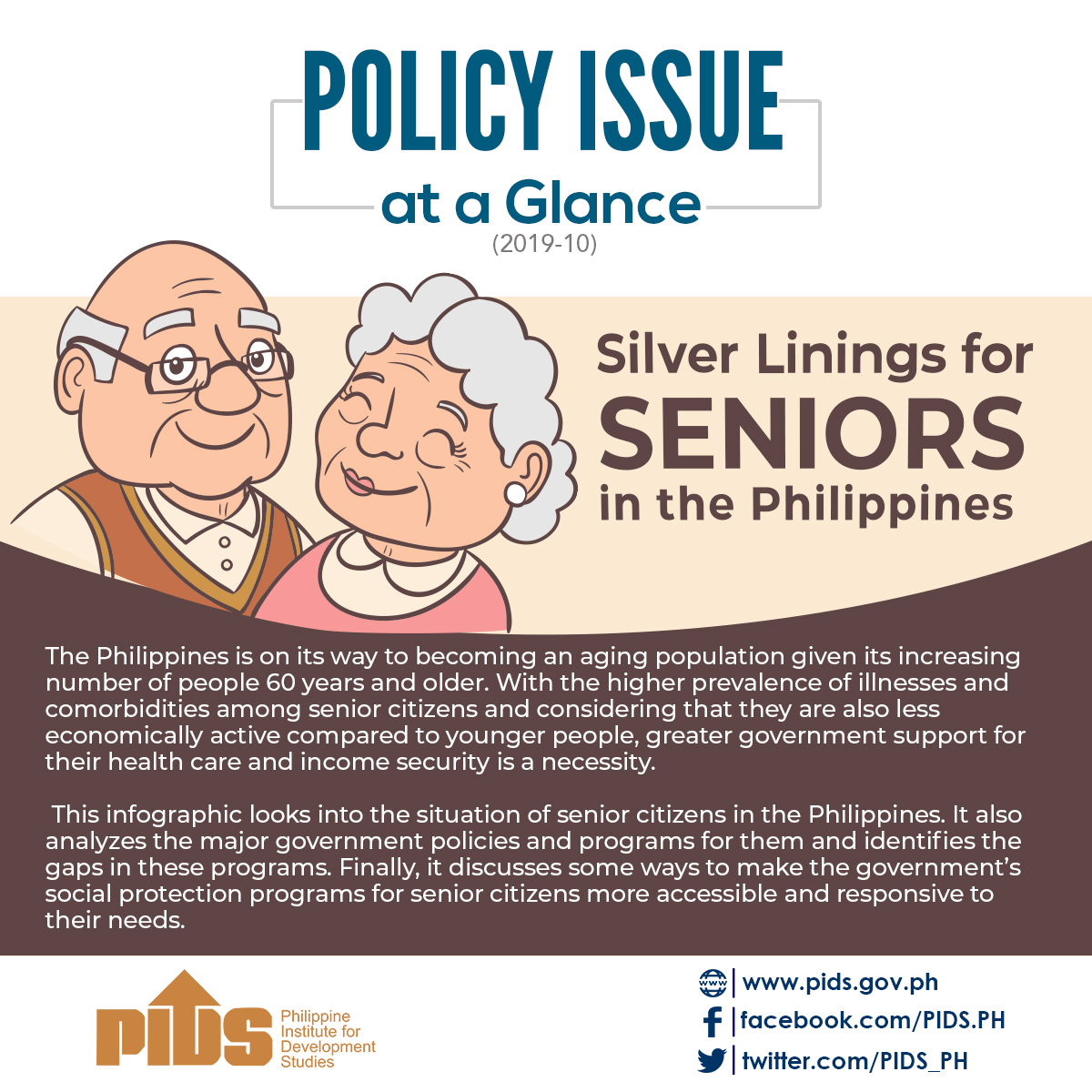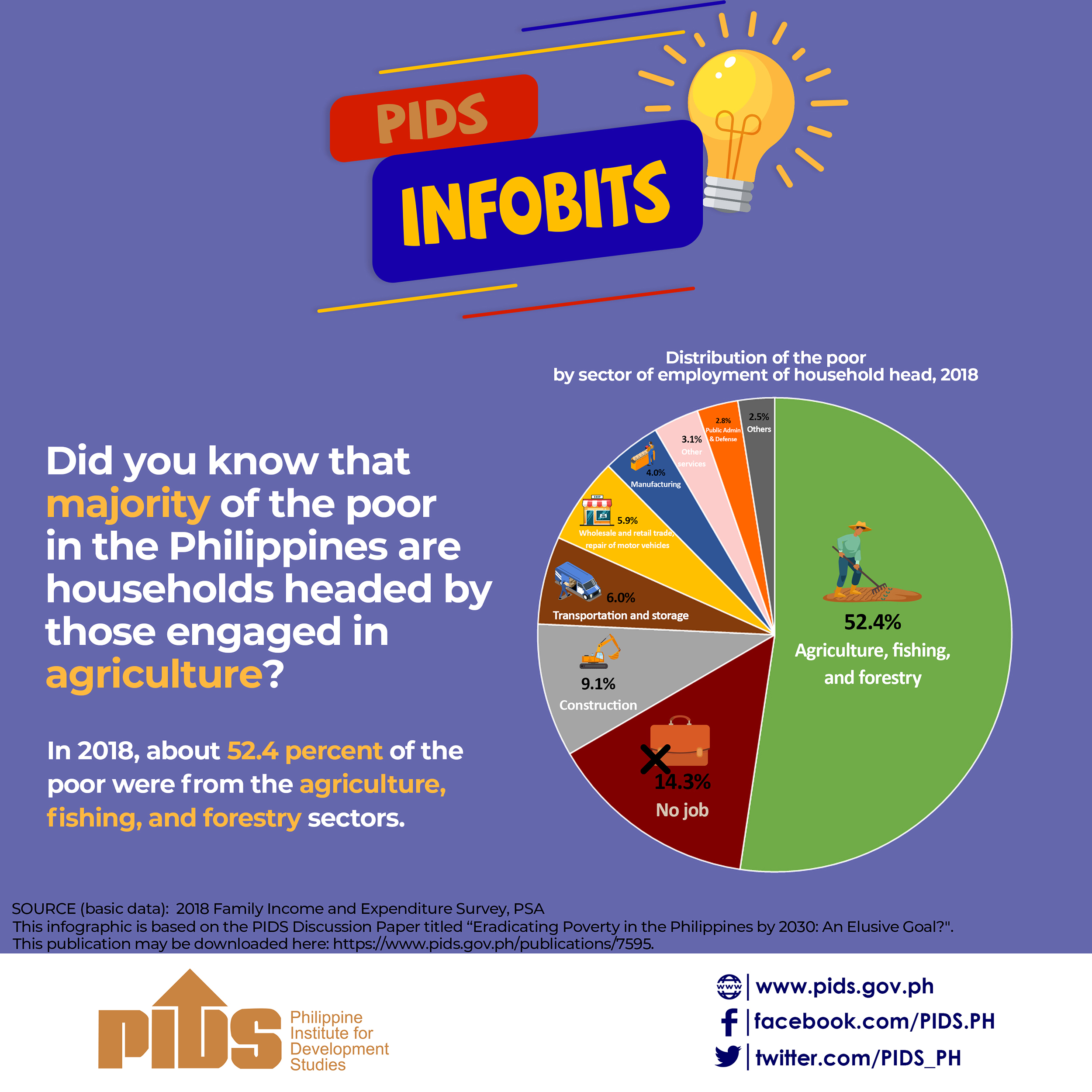Poor coordination across different government levels and lack of accurate information on beneficiaries caused delays in the implementation of the Social Amelioration Program (SAP), state think tank Philippine Institute for Development Studies (PIDS) said.
In a discussion paper titled, “Innovating Governance: Building Resilience Against COVID-19 Pandemic and Other Risks,” PIDS researchers said the “poor quality data” on target beneficiaries prevented the timely distribution of government assistance to low income families as provided for by the Bayanihan to Heal as One Act of 2020.
This is compounded by the varying processes of local government units (LGUs) in identifying target beneficiaries.
Also, lack of coordination and misalignment of plans and actions between different levels of government contributed to the delay, PIDS said.
“The weak coordination between the national and local governments led to the violation of the enhanced community quarantine (ECQ) guidelines on social distancing and mass gathering.”
This, PIDS said, was due to the lengthy validation process, resulting in recipients congregating in public places.
During the distribution, it was also discovered that there were duplications of names of beneficiaries, the PIDS paper noted.
The P205-billion SAP provided assistance of between P5,000 to P8,000 to low-income families and those displaced by lockdowns to help them cope with the economic fallout from the pandemic.
Learning from this experience, PIDS urges the government to establish an integrated information system and data interoperability in all levels of government in order to improve date collection and information sharing.


